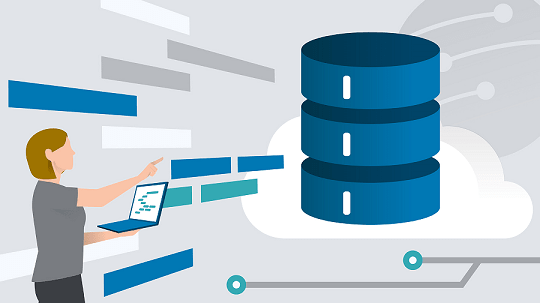What’s a CDN framework made of?

Studies say that a website that takes longer than four seconds to load is bad for business, simply because more than 60% of digital users don’t have the patience for apps and websites to load that long. For anyone serious about creating a strong, lasting impact on the internet, this can be a massive issue. Thankfully, Content Delivery Networks (CDNs) have been around long enough to evolve and meet shifting business needs. That aside, what exactly is the CDN framework made of and how precisely does CDN hosting benefit websites and mobile apps?
CDN framework: how does it work?
It’s a lot more complex and confusing than it actually is, but to summarise, the CDN framework is a cluster of devices that all rely on each other to successfully delivery web data from one thing to another. CDN hosting is largely made of servers that are strategically located in various parts of the globe, all in the intent to better relay web content much, much earlier.
To better understand the picture, know that each website has an origin host. This origin host is a server that’s based in one part of the globe. For this example, let’s pretend you manage a celebrity blog site that caters to millennials. Say, your host origin is located in Atlanta. Your site visitors from Florida and North Carolina should experience premium browsing since your host origin isn’t too far from there. But when you have users from, say, Sydney or China, the way they consume your content can be different in that you can be sure your web data takes longer to load on their devices compared to your American users.
This is because every time they access your site, they obtain your content from the origin host in Atlanta. This is where CDN hosting and a CDN framework comes in handy. When you sign up with a provider, be they the best CDN or not, your site’s users who come from opposite ends of the world no longer consume your web data from the origin host but from a Point of Presence near them. This is referred to as the edge server or the server that’s closer to wherever they are. Here at BeulgaCDN, we utilize 28 reliable PoPs smartly apportioned throughout the globe. So even if your site’s web host origin is in, say, Dallas, your site visitors from Singapore, or Frankfurt, or Quebec, to name a few, shouldn’t have problems accessing your site. In fact, because we have PoPs in all those regions, your site visitors should enjoy the same speed as your site’s users who live proximally near the origin host.
That mentioned, CDN hosting is composed of servers in various parts of the planet that communicate and relay your data to each other for faster media consumption.
CDN framework: is web data automatically uploaded on these servers?
To answer this question, understand that there are two types of CDNs: Push Zone and Pull Zone, each has its own advantages. Although not every single provider has both, the CDN framework functions the same, nonetheless.
The primary difference between both types is immediacy. With Push Zone CDN, every time you upload something new on your site, your content is immediately loaded, stored, and cached on every PoP your CDN hosting provider has. For Push Zone CDN, your site’s content remains in the origin host and only when users try accessing your site will it be saved in their edge server. That way, the next time the same user visits your site, it becomes faster the second time around since the web data is already stored in his other edge.
What is the best CDN?
Plenty of people can argue that the best CDN is the biggest provider and the one that has the most number of PoPs. Although that can be true to an extent, it’s vital to remember that not every business shares the same intentions, reach necessities, and markets. In other words, not every enterprise needs exposure.
CDN pricing has become so diverse that it’s often become a determiner for big businesses and smaller brands alike.
Furthermore, the best CDN is CDN hosting that specifically meets your website and business needs, no matter how small or large they may be. Often, for smaller businesses and startups, the best CDN usually is one that isn’t too expensive, but performs just as well as larger, more tenured providers. This is because cheap CDNs generally have more transparent pricing schemes.
Overall, the CDN framework benefits us all, whether you be an everyday person browsing the internet or a determined digital business leader. Speed has become a right we all fight for.
Power-up your Content Delivery
30 Day Free Trial Cancel Anytime